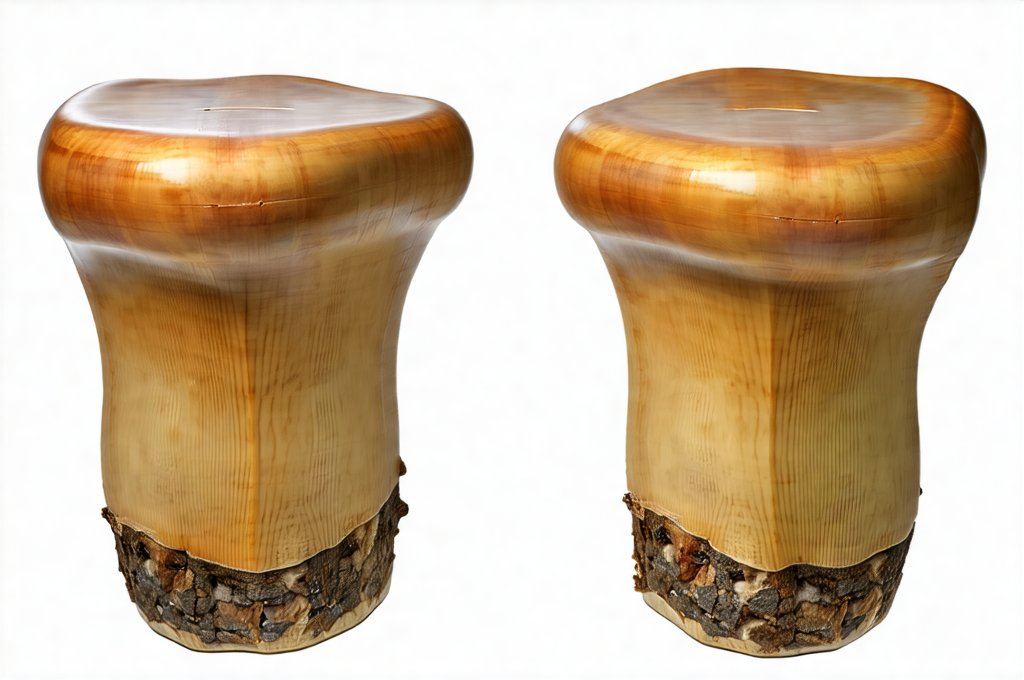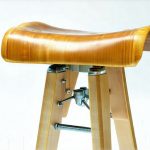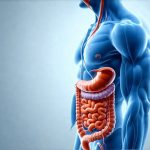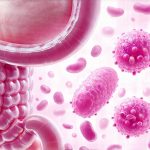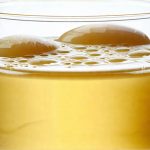Constipation, characterized by infrequent bowel movements or difficulty passing stools, is a common digestive complaint affecting people of all ages. While often considered merely inconvenient, chronic constipation can significantly impact quality of life, leading to discomfort, bloating, and even more serious complications over time. Many factors contribute to constipation, ranging from dietary choices and hydration levels to underlying medical conditions and medication side effects. However, a core component frequently overlooked in understanding constipation is the relationship between stool consistency – specifically hard stools – and insufficient stimulation of the digestive tract. This article will delve into the connection between hard stools and minimal gut-stimulating activity, exploring the physiological mechanisms at play and potential strategies for improvement. It’s important to remember that this information is for general knowledge purposes only and should not be substituted for professional medical advice.
The problem isn’t always about what you eat, but how effectively your digestive system processes it. A healthy gut relies on rhythmic contractions, known as peristalsis, to move waste along the intestinal tract. When these contractions are weak or infrequent – resulting in minimal gut-stimulating activity – stool remains in the colon for an extended period. This prolonged exposure allows more water to be absorbed from the stool, leading to its hardening. Simultaneously, a lack of bulk and fiber further exacerbates the issue, making it harder for the muscles to generate effective movement. Thus, hard stools aren’t simply a symptom; they’re often a direct consequence of sluggish digestive function. Understanding this dynamic is crucial for addressing constipation effectively. You might also find useful information in digestive diagnostics linked to blood sugar spikes.
The Role of Peristalsis and Gut Motility
Peristalsis is the wave-like muscle contraction that propels food and waste through the digestive system. It’s an incredibly complex process, regulated by nerves, hormones, and even the gut microbiome. Effective peristalsis ensures efficient digestion and regular bowel movements. Minimal gut-stimulating activity disrupts this process, causing a slowdown in transit time – the amount of time it takes for food to move through the entire digestive tract. When transit time is prolonged, as mentioned earlier, the colon absorbs excessive amounts of water from the stool, leading to hardness and difficulty passing. The severity of constipation often directly correlates with the degree of reduced peristaltic movement. If you suspect a gut bacteria imbalance is contributing, it’s worth investigating.
A key factor influencing peristalsis is intestinal motility, which refers to the force and frequency of these contractions. Several things can affect intestinal motility, including diet (specifically fiber intake), hydration levels, physical activity, stress, and certain medications. Chronic stress, for instance, can trigger a “fight or flight” response that diverts blood flow away from the digestive system, slowing down peristalsis. Similarly, a sedentary lifestyle contributes to decreased gut motility, making individuals more prone to constipation. Furthermore, inadequate hydration exacerbates stool hardness as there’s less water available to soften it and facilitate movement. Understanding how GERD can reduce your tolerance to physical activity might also be helpful, as discomfort can limit exercise.
Ultimately, hard stools are often a visible sign of underlying reduced intestinal motility. They represent the culmination of prolonged transit time and excessive water absorption, both stemming from insufficient gut stimulation. Addressing the root causes – improving peristalsis and boosting gut motility – is paramount for achieving sustained relief from constipation.
Dietary Fiber and Bulk-Forming Agents
Dietary fiber plays a vital role in stimulating gut activity and preventing hard stools. It’s not simply about adding more fiber to your diet; it’s about choosing the right types of fiber and consuming them consistently. There are two main types: soluble and insoluble. Soluble fiber, found in foods like oats, beans, and apples, dissolves in water to form a gel-like substance, slowing down digestion and promoting regularity. Insoluble fiber, abundant in whole grains, vegetables, and bran, adds bulk to the stool, stimulating peristalsis and easing its passage through the intestines.
A diet lacking sufficient fiber contributes directly to minimal gut-stimulating activity. Without enough bulk, the intestinal muscles have less to “push” against, resulting in weaker contractions and slower transit time. This is where bulk-forming agents come into play. These are supplements – such as psyllium husk, methylcellulose, and wheat dextrin – that mimic the effects of dietary fiber by adding volume to the stool. They absorb water in the intestines, creating softer, bulkier stools that are easier to eliminate. However, it’s crucial to drink plenty of water when taking bulk-forming agents; otherwise, they can actually worsen constipation.
It is essential to increase fiber intake gradually. A sudden influx of fiber can cause bloating and gas. Start with small amounts and slowly increase your consumption over several weeks. Combining a high-fiber diet with adequate hydration forms the foundation for healthy bowel movements and prevents the development of hard stools. Don’t overlook why sugar cravings may be linked to chronic bloating, as dietary changes are important.
The Impact of Hydration
Adequate hydration is inextricably linked to stool consistency and gut motility. Water constitutes a significant portion of stool, and dehydration leads directly to harder, drier stools that are more difficult to pass. When the body is dehydrated, it prioritizes water absorption from all available sources, including the colon. This results in increased water reabsorption from the stool, exacerbating its hardness and slowing down peristalsis.
Maintaining proper hydration isn’t just about drinking enough water throughout the day. It also involves considering your individual needs based on factors like activity level, climate, and diet. Electrolyte imbalances can further contribute to dehydration, so incorporating electrolyte-rich foods or drinks – such as coconut water or sports beverages (in moderation) – may be beneficial. Aim for a consistent intake of fluids throughout the day, rather than attempting to “catch up” when you feel thirsty. Thirst is often an indicator that you’re already mildly dehydrated.
The Role of Physical Activity
Regular physical activity is frequently underestimated as a factor in digestive health. Exercise stimulates gut motility through several mechanisms. First, it increases blood flow to the intestines, enhancing their function and promoting peristalsis. Second, muscle contractions during exercise indirectly massage the abdominal organs, further stimulating bowel movements. Third, physical activity helps reduce stress levels, which, as mentioned earlier, can negatively impact digestion.
The type of exercise doesn’t necessarily matter; even moderate activities like walking, jogging, swimming, or yoga can significantly improve gut health. Aim for at least 30 minutes of moderate-intensity exercise most days of the week. Integrating physical activity into your daily routine is a proactive step towards preventing constipation and maintaining healthy bowel function. It’s about consistent movement rather than strenuous workouts – finding an activity you enjoy will make it easier to stick with long-term.
Stress Management Techniques
Chronic stress can have a profound impact on the digestive system, leading to reduced gut motility and increased risk of hard stools. When stressed, the body releases cortisol, a hormone that diverts blood flow away from non-essential functions like digestion. This slows down peristalsis, prolongs transit time, and contributes to stool hardening. Furthermore, stress can disrupt the delicate balance of the gut microbiome, further impacting digestive function.
Implementing effective stress management techniques is essential for promoting healthy bowel movements. These may include: – Deep breathing exercises – Meditation or mindfulness practices – Yoga or tai chi – Spending time in nature – Engaging in hobbies you enjoy – Seeking support from friends and family Prioritizing mental well-being isn’t just about reducing stress; it’s about optimizing overall health, including digestive function. Is Your Reflux Actually Linked to a food sensitivity? Addressing potential underlying issues is key. Furthermore, consider why chewing ice may be linked to gut imbalance.

